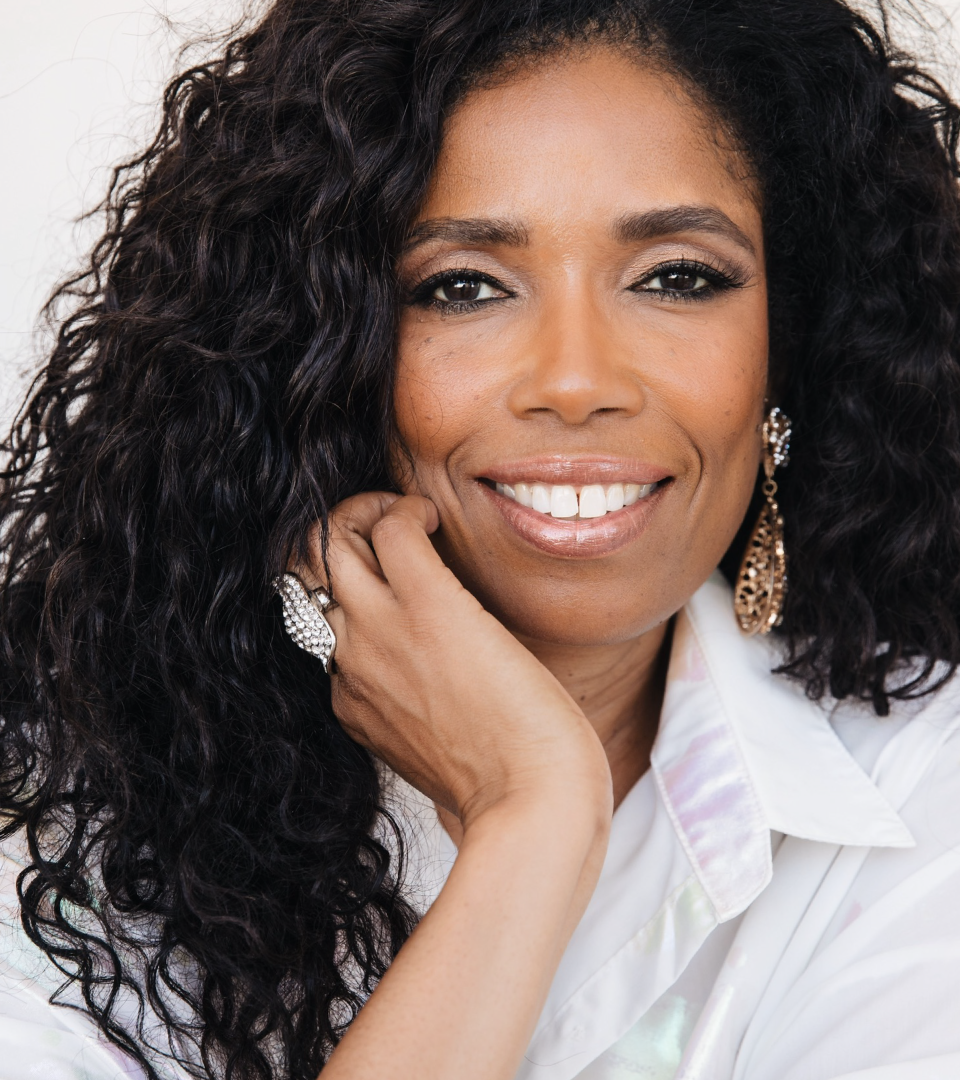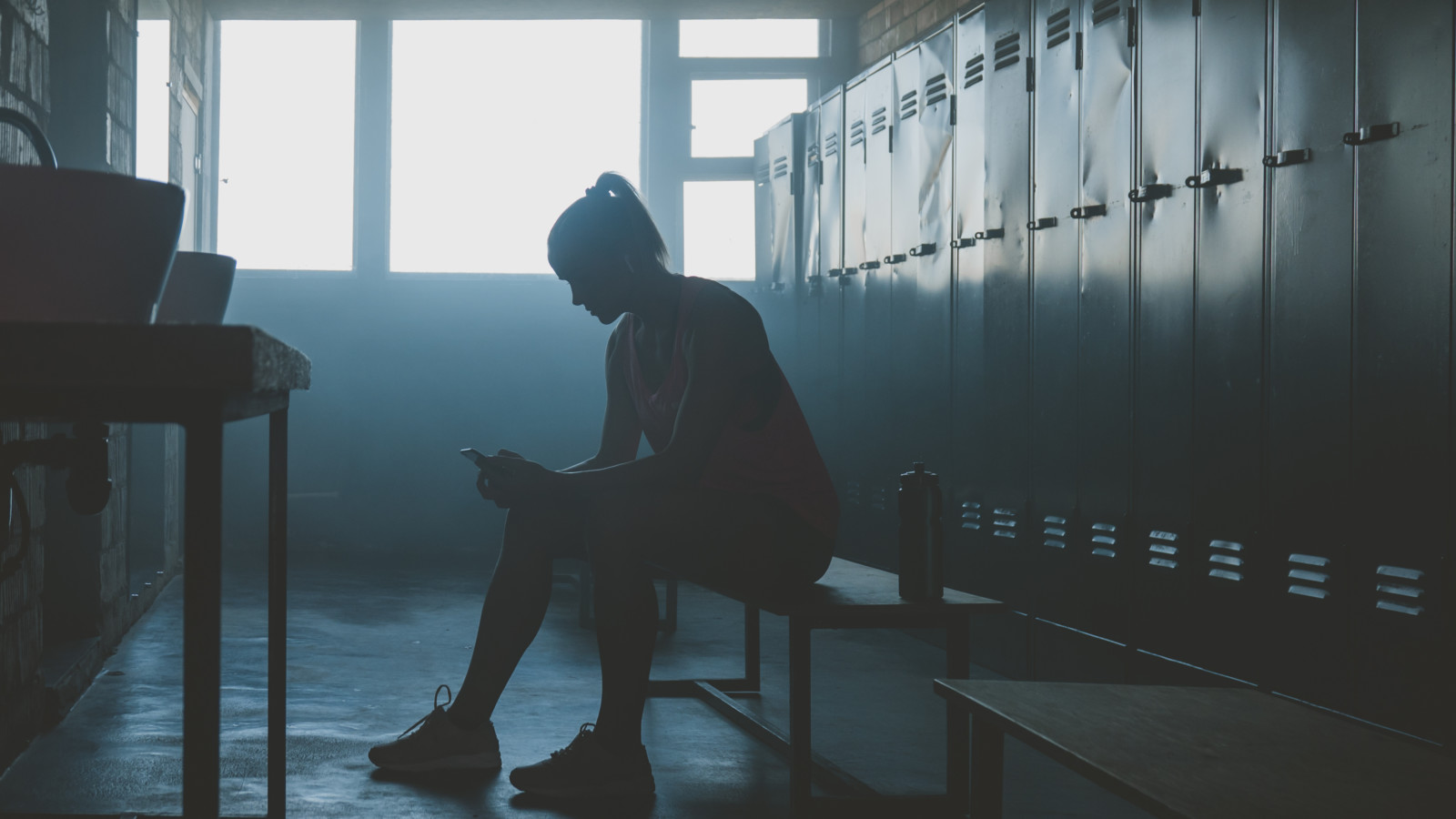As I read Coco Gauff’s tweet announcing that a positive COVID test had ended her 2021 Olympic dream, I remembered all too vividly the dashed hopes of two other young women.
My daughters’ history with elite sports had already been on my mind as I watched Naomi Osaka step away from the French Open and speak publicly about her anxiety, as I read of Serena Williams’ decision to forfeit the Tokyo Olympics because the COVID protocols would separate her from her 3-year-old daughter, and as I saw Sha’Carri Richardson struggle with her suspension after testing positive for marijuana in the aftermath of her mother’s death.
Understanding the dark side of elite status
I have witnessed, up close, the singular focus it takes for young athletes to achieve elite status, and I have been on the other side of that success, watching the daughters I love try to survive the storm clouds that descend on that vision and obscure a future different from the one they’d imagined.
Like me, my girls were hardworking, driven, always striving to excel. But my playing field was the classroom, and my dream was to be the first in my family to attend college. Living in a housing development in a poor neighborhood in St. Louis might not provide you with much material for dreaming, but the women who raised me always encouraged me to chase the life I wanted.
When my girls became enthralled by the action on the courts, my husband and I never held them back. Tennis was tied inextricably to my daughters’ identifies. They trained six hours a day, six days a week, and participated in tournaments throughout Southern California.
This grueling schedule didn’t allow for conventional schooling, so they were homeschooled and later obtained their undergraduate degrees online. Both were on track to play professional tennis, and they dreamed of playing doubles on the pro circuit.
Though they were pursuing what they loved, it was a life marked by sacrifice and isolation. So, after a lifetime of that singular focus and sacrifice, the career-ending injuries they each suffered brought on a dark time.
Opening up about mental health and sports
When my daughters were competing, seeing a psychologist as an elite athlete meant seeing a sports psychologist. It meant not examining the stressors and trauma and loss you might be experiencing but, instead, concentrating on performance and focus. So, I am awed and inspired by young women like Naomi Osaka opening up about mental health and sports, especially as we learn more about the pervasiveness of depression and suicidality among elite athletes.
My daughters pushed through. Athletics teach you to be resilient, adaptable, and to overcome obstacles. If we can teach young athletes, from their earliest days of competition, that those skills will translate to pursuing other dreams, we might be saving lives.
My forthcoming book, Awakening, confronts the lies we tell women and girls about the success they are allowed to achieve, the dreams they are allowed to pursue. My message to the countless Cocos and Naomis and Sha’Carris out there is that you don’t have to listen to the lies. You do get to recreate yourself.
In August, my two daughters are headed to Columbia Law. Granddaughters of a woman who never had the chance to complete high school, they are poised to become second-generation Ivy Leaguers. They are sure to discover and pursue new dreams, and to be each others’ doubles’ partner in whatever life brings.


